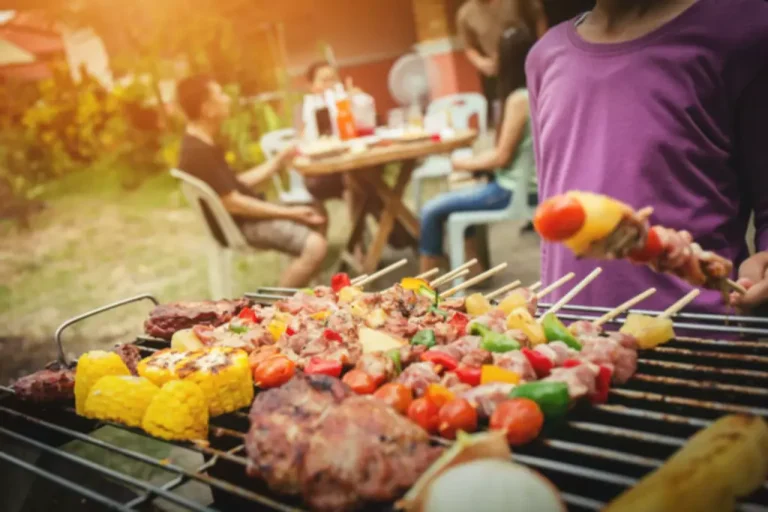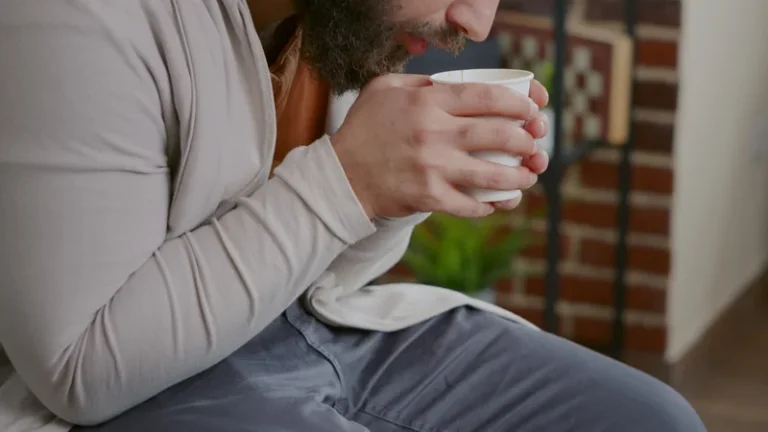
From support groups to therapists, from friends to family, there are people rooting for your success. We believe everyone deserves access to accurate, unbiased information about mental health and addiction. That’s why we have a comprehensive set of treatment providers and don’t charge for inclusion. We do not and have never accepted fees for referring someone to a particular center. Providers who advertise with us must be verified by our Research Team and we clearly mark their status as advertisers.
Why Does a Relapse Happen?

Make sure the people included in your plan have the necessary knowledge should you need their assistance. Determining what caused a prior relapse is vital in avoiding them in the future. The group leaders should regularly solicit feedback to understand participants’ interests and adjust activities accordingly.

The Big Guns: Evidence-Based Strategies for Keeping Relapse at Bay
Relapse plans can be verbalized but may also be written in order to have a more clear outline of what steps to take should a relapse seem to be a possibility. When Lisa attended her first relapse prevention group meeting, she was nervous, but soon felt at ease. She found the group’s structured activities particularly beneficial. The outdoor hikes organized by the group allowed her to reconnect with nature and get some much-needed me-time and social support.
Group Activities Support Addiction Recovery
It’s not just about willpower or moral failing; it’s a multifaceted beast that involves biological, psychological, and social factors. That’s why relapse prevention isn’t just important—it’s absolutely essential for anyone serious about long-term recovery. Addiction relapse, a term that strikes fear into the hearts of many in recovery, is more than just a setback.
PROVIDER SEARCH
Relapse is most likely in the first 90 days after embarking on recovery, but in general it typically happens within the first year. Family members can help their loved ones stick to their relapse prevention plan by providing support, reminding them of their goals, avoiding triggers, and holding them accountable. Recognizing early warning signs isn’t always relapse prevention plan easy but having some rare information about it could help you give it a try. Some common early warning signs include changes in sleep patterns or eating habits, increased irritability or impatience, or sudden changes in mood or behavior. By understanding what to look for, individuals are better equipped to respond proactively and prevent a relapse.
- It’s like walking through a minefield where each person’s mines are in different places.
- But they can be stressful issues, and, if tackled too soon, clients may not have the necessary coping skills to handle them, which may lead to relapse.
- For example, when new members join the group, icebreakers and interactive activities can help them feel more comfortable.
Ranked in Newsweek’s list of Best Addiction Treatment Centers for 2024

Learning what one’s triggers are and acquiring an array of techniques for dealing with them should be essential components of any recovery program. A relapse prevention plan is a strategy that helps individuals recovering from addiction to anticipate and avoid triggers that could lead to a return to substance use. Setting SMART Goals for Successful Prevention is one of the essential steps to prepare for relapse prevention planning.
Key Takeaways: Group Activities Can Play a Vital Role in Relapse Prevention

Remember, reaching out for help and support is vital if you ever feel overwhelmed or struggling. Long-term sobriety is possible and starts with taking that first step. Doing so will help you quickly identify and deal with them before they become too overwhelming. https://ecosoberhouse.com/ You can also find ways to replace old habits with healthier activities. For example, celebrating these milestones may provide a tempting excuse to give into old habits. Give yourself credit for each small gain you make — one week sober, one month off drugs, etc.

Overview of Different Types of Relapse Prevention Group Activities
Coping strategies are healthy alternatives individuals can use when faced with challenging situations or emotions. These strategies can help individuals navigate through cravings and maintain sobriety. Training and ongoing support for peer leaders of relapse prevention activity groups by mental health providers is crucial.
Identifying and understanding your relapse triggers and cravings is a key initial step in creating an effective relapse prevention plan. By recognizing what prompts the urge to use substances, you can develop strategies to manage these situations and maintain your sobriety. You learn about addiction, triggers, and effective relapse prevention techniques. The workshops and group therapy sessions help you gain insights that enhance your understanding of your recovery journey.
